Intro
Learn about Covid variant symptoms, including Omicron and Delta signs, coronavirus mutation effects, and vaccination impact on new strains, to stay informed and protected against COVID-19 mutations and variants.
The COVID-19 pandemic has been a persistent global health concern, with various variants emerging over time. Understanding the symptoms of these variants is crucial for individuals to take necessary precautions and seek medical attention when needed. The COVID-19 virus has undergone significant mutations, resulting in distinct variants with differing symptom profiles. As the pandemic continues to evolve, it is essential to stay informed about the latest developments and symptomatology of COVID-19 variants.
The emergence of new variants has raised concerns about their potential impact on public health. The variants have shown varying degrees of transmissibility, severity, and immune evasion, making it vital to monitor their spread and adjust mitigation strategies accordingly. By recognizing the symptoms of COVID-19 variants, individuals can take proactive steps to protect themselves and their communities. This knowledge can also facilitate early detection, diagnosis, and treatment, ultimately reducing the risk of severe illness and transmission.
The COVID-19 pandemic has highlighted the importance of global cooperation, vaccine development, and public health infrastructure. As researchers and healthcare professionals continue to study the virus and its variants, new information emerges, shedding light on the complex relationships between the virus, host, and environment. By staying up-to-date with the latest research and guidelines, individuals can navigate the evolving landscape of COVID-19 and make informed decisions about their health.
Introduction to Covid Variants

Key Characteristics of Covid Variants
The COVID-19 variants have been found to possess various key characteristics, including: * Increased transmissibility: Some variants have shown enhanced ability to spread from person to person, contributing to rapid outbreaks and increased case numbers. * Severity: Variants have exhibited differing levels of severity, with some causing more severe illness, hospitalization, and death. * Immune evasion: Certain variants have demonstrated an ability to evade immune responses, potentially reducing the effectiveness of vaccines and treatments.Alpha Variant Symptoms
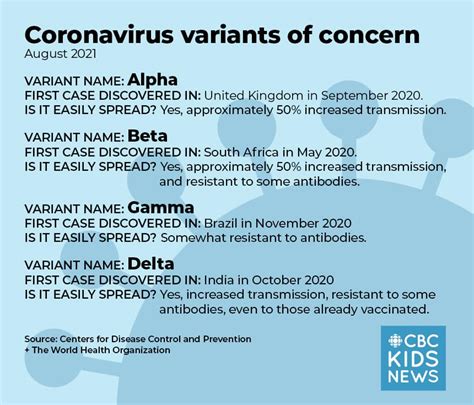
Transmission and Severity of Alpha Variant
The Alpha variant has been found to be more transmissible than the original COVID-19 strain, with estimates suggesting a 50-70% increase in transmission rate. However, the severity of illness caused by the Alpha variant is similar to that of the original strain, with most cases resulting in mild to moderate symptoms.Beta Variant Symptoms
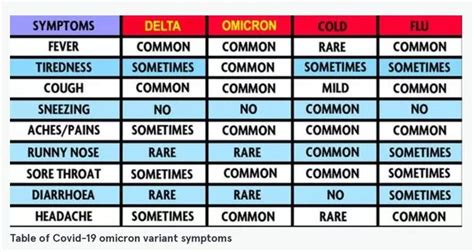
Immune Evasion of Beta Variant
The Beta variant has demonstrated an ability to evade immune responses, potentially reducing the effectiveness of vaccines and treatments. This has raised concerns about the variant's potential impact on global health, particularly in regions with limited access to vaccines and healthcare resources.Gamma Variant Symptoms
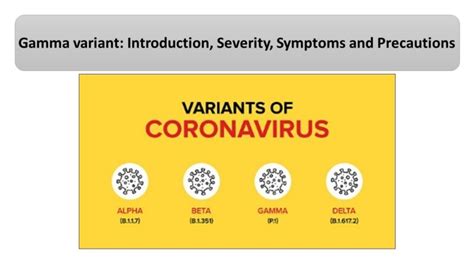
Transmission and Severity of Gamma Variant
The Gamma variant has been found to be more transmissible than the original COVID-19 strain, with estimates suggesting a 30-50% increase in transmission rate. However, the severity of illness caused by the Gamma variant is similar to that of the original strain, with most cases resulting in mild to moderate symptoms.Delta Variant Symptoms
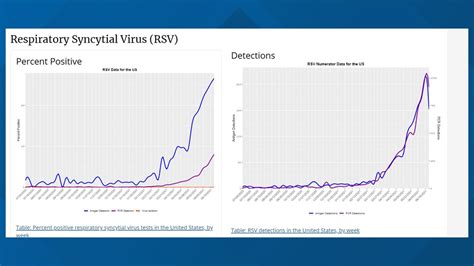
Immune Evasion of Delta Variant
The Delta variant has demonstrated an ability to evade immune responses, potentially reducing the effectiveness of vaccines and treatments. This has raised concerns about the variant's potential impact on global health, particularly in regions with limited access to vaccines and healthcare resources.Omicron Variant Symptoms
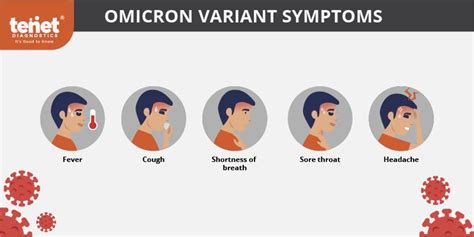
Transmission and Severity of Omicron Variant
The Omicron variant has been found to be highly transmissible, with estimates suggesting a significant increase in transmission rate compared to previous variants. However, the severity of illness caused by the Omicron variant is generally milder than that of previous variants, with most cases resulting in mild to moderate symptoms.What are the most common symptoms of COVID-19 variants?
+The most common symptoms of COVID-19 variants include fever, cough, fatigue, headache, sore throat, and body aches. However, the specific symptoms and severity of illness can vary depending on the variant and individual factors.
How can I protect myself from COVID-19 variants?
+To protect yourself from COVID-19 variants, it is essential to follow public health guidelines, such as getting vaccinated, wearing masks, practicing social distancing, and maintaining good hygiene. Additionally, staying informed about the latest developments and symptomatology of COVID-19 variants can help you take proactive steps to reduce your risk of infection.
What should I do if I experience symptoms of a COVID-19 variant?
+If you experience symptoms of a COVID-19 variant, it is essential to seek medical attention immediately. Contact your healthcare provider or local health authority for guidance on testing, treatment, and isolation procedures. Early detection and treatment can significantly reduce the risk of severe illness and transmission.
As the COVID-19 pandemic continues to evolve, it is crucial to stay informed about the latest developments and symptomatology of COVID-19 variants. By understanding the symptoms, transmission, and severity of these variants, individuals can take proactive steps to protect themselves and their communities. We invite you to share your thoughts, questions, and concerns about COVID-19 variants in the comments section below. Your input can help facilitate a better understanding of this complex and rapidly changing topic. Additionally, we encourage you to share this article with others who may benefit from this information, and to follow reputable sources for the latest updates on COVID-19 variants. Together, we can work towards a better understanding of this pandemic and develop effective strategies to mitigate its impact.
